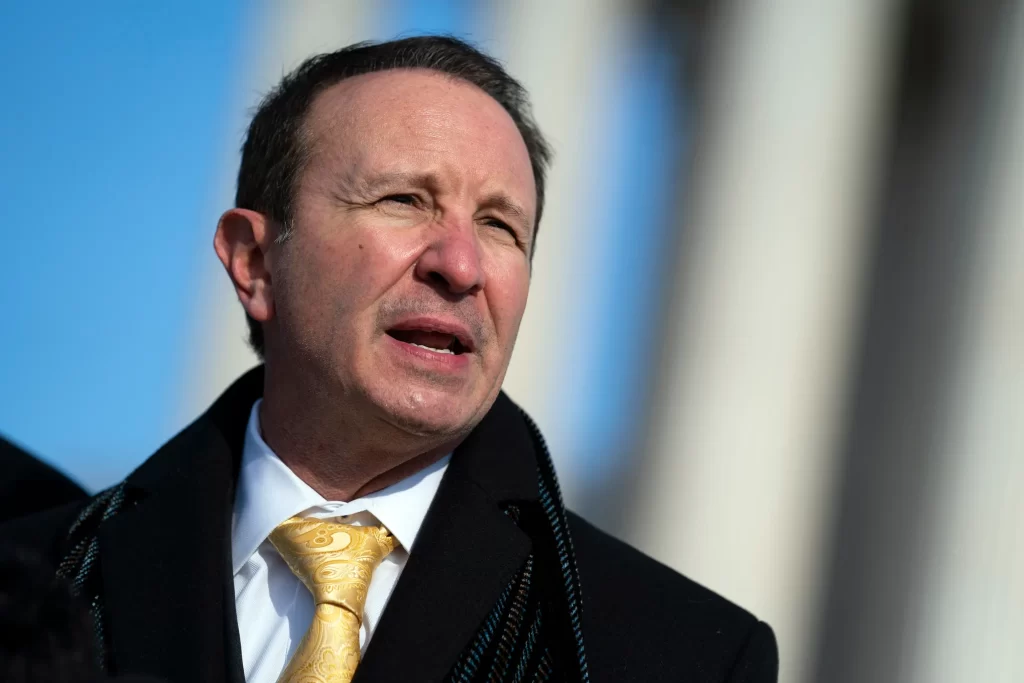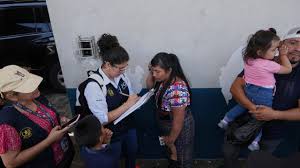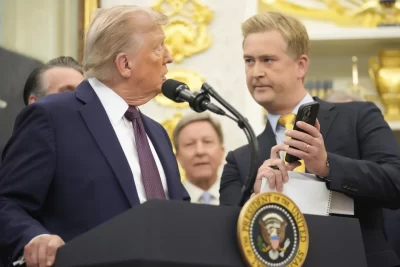
As Louisiana’s gubernatorial election commences Saturday, Republicans are hoping to reclaim the governor’s mansion after an eight-year hiatus while Democrats try to keep the coveted position in a state where Donald Trump garnered a majority of the votes during the last two presidential elections.
Six major candidates — four Republicans, one Democrat and one independent — are vying for the seat that is being vacated by Gov. John Bel Edwards, the only Democratic governor in the Deep South. With Edwards unable to run due to consecutive term limits, the election opens a huge opportunity for Republicans to win Louisiana’s top position.
Louisiana is one of three states with a gubernatorial election this fall, along with Mississippi and Kentucky.
In total, 14 candidates are competing to succeed Edwards under a “ jungle primary ” system in which all candidates, regardless of party affiliation, appear together on the same ballot on Saturday. If no candidate tops 50% of the votes, the top two vote-getters will advance to a runoff on Nov. 18.
Among the Republican candidates is Attorney General Jeff Landry, who earned the endorsement of high profile Republicans including former President Trump and U.S. Rep Steve Scalise, as well as a controversial early endorsement from the state GOP.
The other major candidates running for governor are GOP state Sen. Sharon Hewitt; Hunter Lundy, a Lake Charles-based attorney running as an independent; Republican state Treasurer John Schroder; Stephen Waguespack, the Republican former head of a powerful business group and former senior aide to then-Gov. Bobby Jindal; and Shawn Wilson, a Democrat and former head of Louisiana’s Transportation and Development Department.
State Rep. Richard Nelson withdrew from the race in September and endorsed Landry but will remain on the ballot per state election laws.’
With four significant GOP candidates vying for the position, Democrats are hopeful that Wilson, their sole major candidate, will succeed. In the past the Democratic Party has coalesced behind one candidate, instead of splitting votes, to push their candidate through to a runoff and hopefully face a Republican who is limping into the general election following scrutiny and targeted political attack ads.
Saturday’s election also features a slew of statewide contests, four ballot measures and localized races, including all 39 Senate seats and 105 House seats, although a significant number of incumbents are running unopposed.
The governor’s race is not the only statewide office up for grabs without an incumbent on the ballot. There is also the attorney general, secretary of state, treasurer and insurance commissioner. Tim Temple, a former insurance executive vying for insurance commissioner, is running unopposed.
One closely watched race is for the job of secretary of state. Republican Kyle Ardoin holds the position but opted not to seek reelection.
Whoever is elected will take on the crucial task of replacing Louisiana’s outdated voting machines, which don’t produce the paper ballots critical to ensuring accurate election results.
The lengthy and ongoing replacement process was thrust into the national spotlight after allegations of bid-rigging. Voting machine companies claimed favoritism, and conspiracy theorists, who support Trump’s lies that the 2020 presidential election was stolen, inserted themselves into the conversation. Conspiracy theorists urged Ardoin to ditch voting machines altogether and instead rely on hand-counted paper ballots.
Among the candidates running for secretary of state are GOP state House Speaker Clay Schexnayder; First Assistant Secretary of State Nancy Landry, a Republican; Mike Francis, a public service commissioner and former chair of the state GOP; and Gwen Collins-Greenup, a Democrat and attorney. All four say they are against hand-counting paper ballots.
Also running for the position is grocery store owner Brandon Trosclair, who has aligned himself with a movement of conservative activists who believe there has been widespread fraud in Louisiana’s elections. The Republican supports hand-counted paper ballots, a notion that election clerks have spoken against as it would involve counting tens of thousands of ballots in many parishes.






